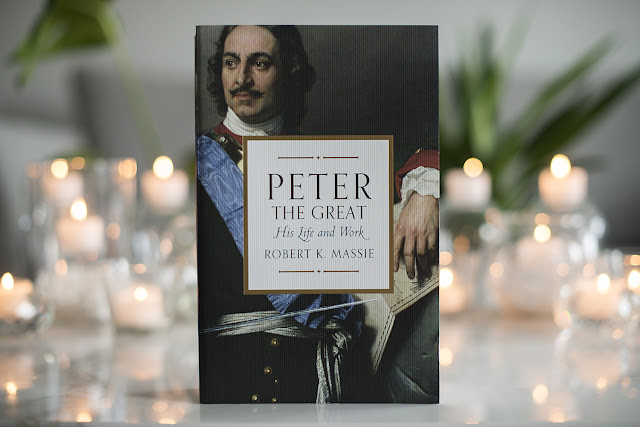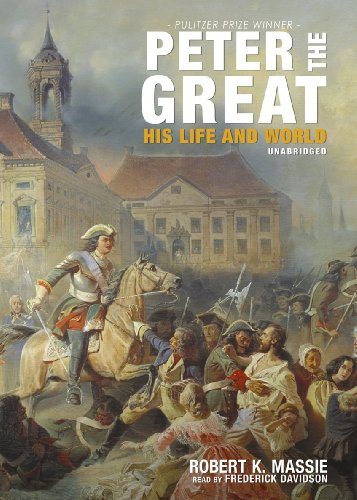

He was a wonderful editor in every respect, from overseeing the general concept to superb line editing. What can you tell us about those 24 years? You’ve had a rare, extended partnership with your editor, Bob Loomis. When in 1991 nine skeletons were exhumed from a shallow mass grave in Siberia, a few miles from the infamous cellar where the last czar and his family had been murdered 73 years before, I wrote The Romanovs to answer the great mystery of whether these were the bones of the Romanovs, and what had happened to the remains of two of the czar’s younger children supposedly murdered with the rest of the family. No changes whatsoever in point of view or choice of material, but I described in 1967’s Nicholas and Alexandra that the remains of the murdered Romanovs were thrown down a mine shaft in a forest. She’s often blamed for perpetuating serfdom, but wealth in Russia was measured in serfs, and Catherine was a usurper who owed her power to the nobility who helped put her on the throne, and she awarded her supporters thousands of serfs.Īfter decades of researching the Romanovs, have you changed your mind about anything you’ve written about the Romanovs in earlier books? Paul, possibly believing that Catherine was responsible for death, only further frustrated their relationship.

I can’t excuse her behavior toward Paul, but can only explain that Catherine’s own mother was unloving, and Catherine’s predecessor, Empress Elizabeth, snatched Paul away at birth and brought him up as hers, allowing Catherine very limited access. Wasn’t Catherine an unloving mother who saw her son Paul as a rival? And through friendships with Voltaire and other Enlightenment leaders she introduced a sophisticated European culture to Russia. But she triumphed through her courage, intelligence, and psychological balance. She was a nobody, a minor German princess who had some useful connections via her ambitious mother to the Russian imperial family, and she was brought to Russia at 14 to marry her mentally unbalanced second cousin, the future czar Peter, who didn’t touch her for the first nine years of marriage. It’s impossible to have a real favorite, but Catherine’s been far and away my favorite for the last seven years I’ve been working on her biography.


 0 kommentar(er)
0 kommentar(er)
